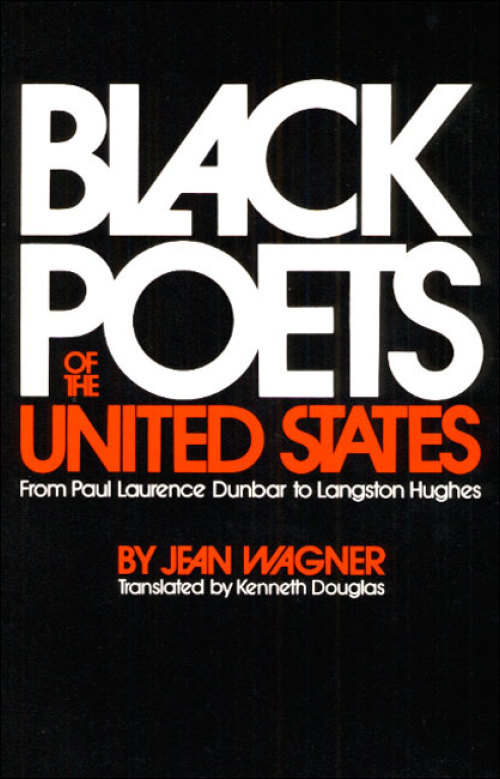
Black Poets of the United States
About the Book
Acclaimed upon its initial American release, Black Poets of the United States continued to spark comment and analysis for years afterward. Jean Wagner's masterpiece delves into the vital union of racial and religious feeling in the Black poets who emerged from 1890 to 1940.Beginning with an analysis of slavery's impact on the Black psyche and religious feeling, Wagner examines the evolution of Black lyrical expression to the end of the nineteenth century. He then moves into a focused study of Paul Laurence Dunbar and his contemporaries, emphasizing their struggle against prevalent stereotypes that stemmed from minstrelsy, popular song, and southern white writing. His look at the twentieth-century Black Renaissance explores the works, themes, concerns, and experiences of poets Claude McKay, Jean Toomer, Countee Cullen, James Weldon Johnson, Sterling Brown, and Langston Hughes.
Deeply sensitive and remarkably comprehensive Black Poets of the United States combines encyclopedic knowledge with a broad perspective to provide a pioneering examination of major African American poets and their works.
About the Author
Jean Wagner (1919-1984) was a professor of American Studies at the University of Grenoble III. His other books include Runyonesque: The Mind and Craft of Damon Runyon and a French translation of Jean Toomer's Cane.Reviews
Blurbs
"A monumental work."--Langston Hughes
"A matchless study. . . . the best full length study of Black American poetry that has seen print. Wagner has evaluated the major poets from 1890 to 1940 (Dunbar to Hughes) with a superior critical discernment that is wedded to a sociological and psychological approach. . . . The distinguishing factors in Wagner's study are his aggressive grappling with two-sided issues; his lucid, metaphorical prose style; his thorough research; and judicious, carefully reasoned conclusions."--New York Times Book Review
